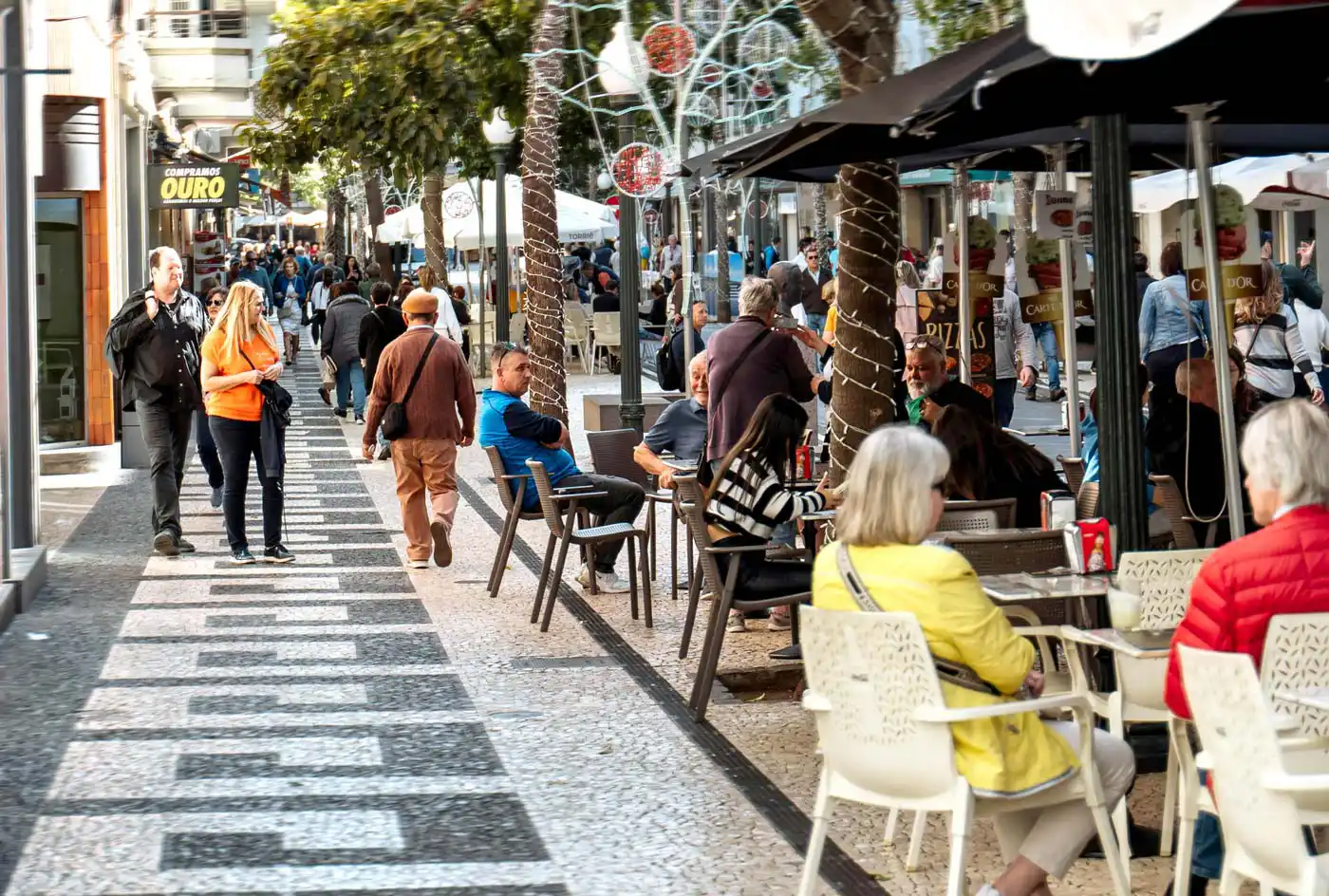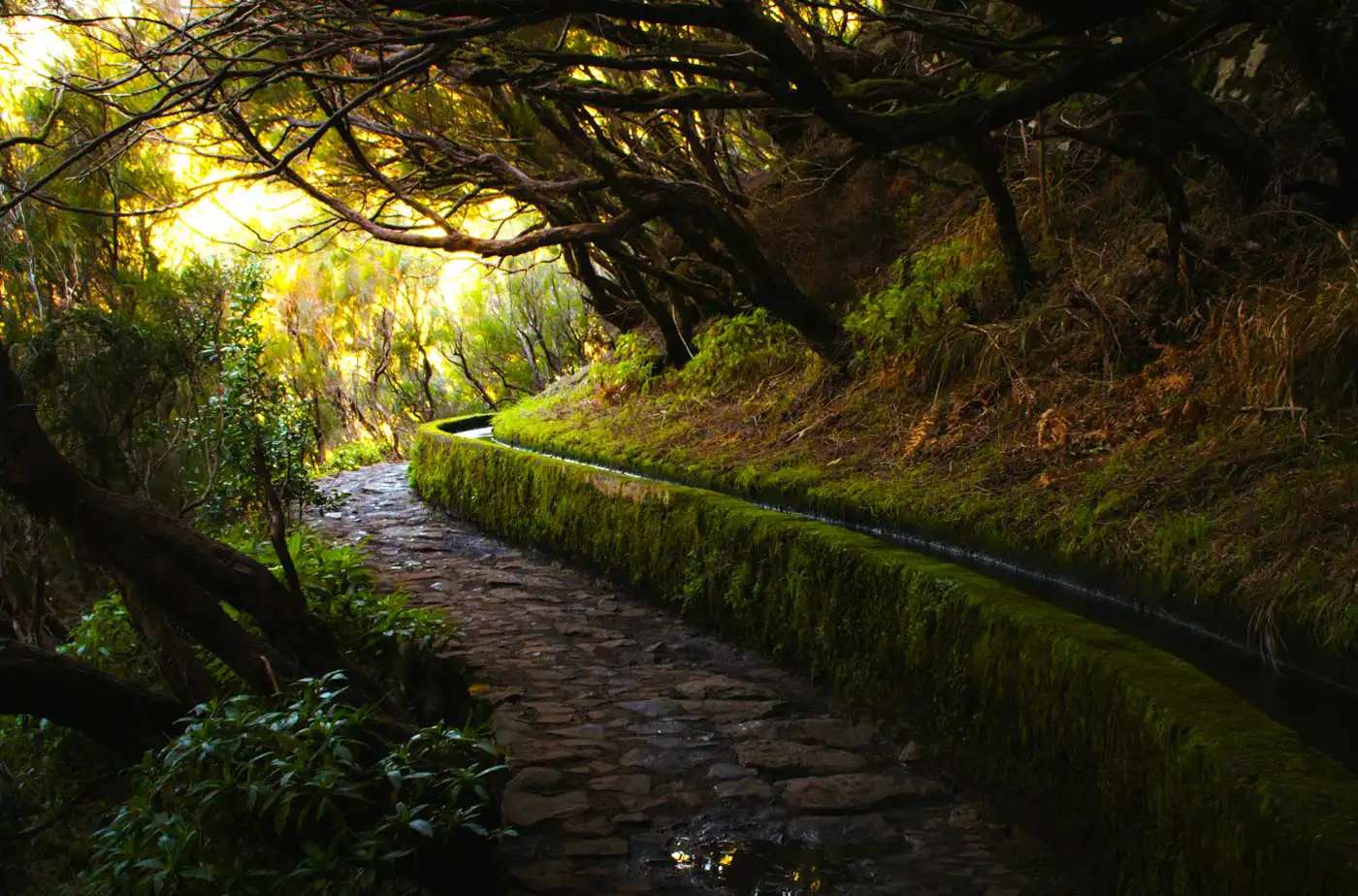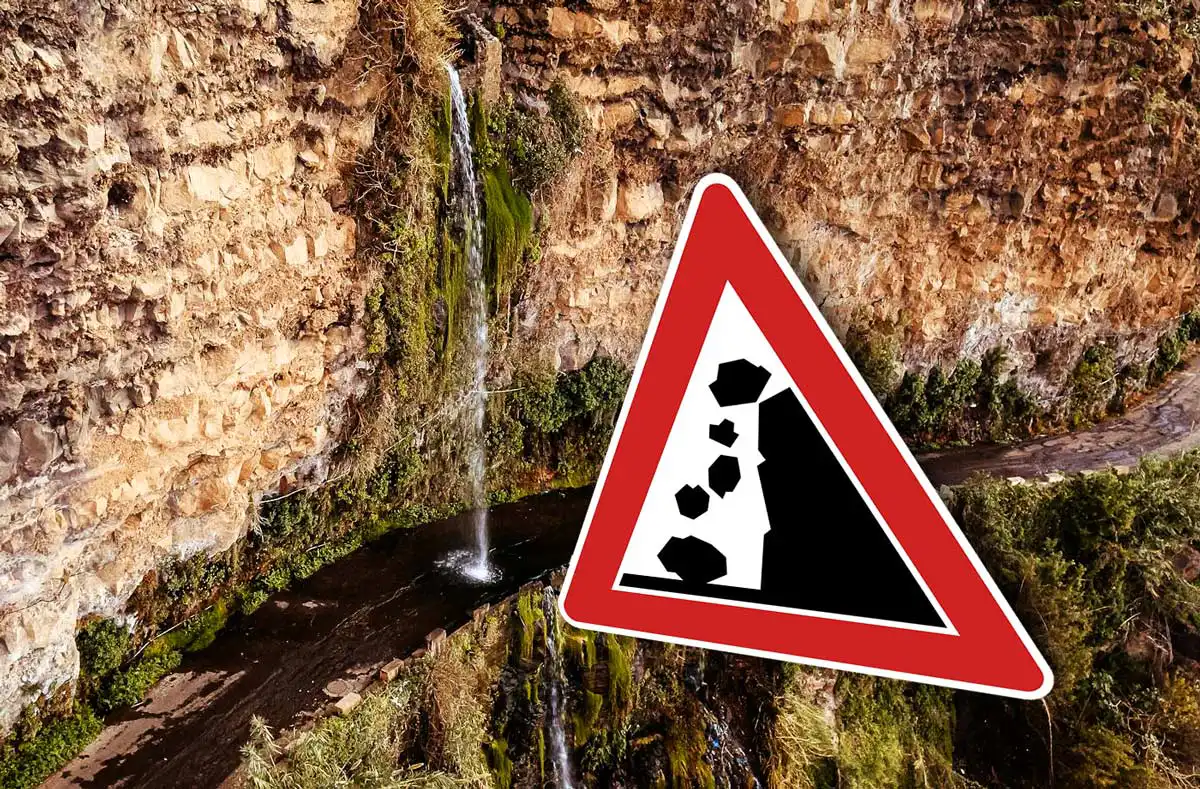A Diverse Population in the Heart of the Atlantic
Madeira, the Portuguese island known for its scenic beauty and mild climate, is now home to over 14,000 migrants. About half of them - 7,400 people - live in Funchal. According to local officials, these residents represent 80 different nationalities, part of a wider group of 123 nationalities across the island.
The largest communities in Funchal come from Venezuela, Brazil, and Germany. These figures were shared during a recent presentation of a study conducted for the city by an independent company. The study aimed to provide a clearer picture of the migrant population and their role in Madeiran society today.
Work, Opportunity, and the Rise of New Residents
Many of Madeira’s new residents arrived in recent years to work in hospitality and restaurants - Madeira’s key industries. During the COVID-19 pandemic, the island also attracted digital nomads, who were drawn by the region’s natural appeal and flexible working conditions.
With the issue of the pandemic, the medal became very attractive to a certain type of immigrant who, in some way, settled here. Therefore, there is also potential in migrant entrepreneurship, the creation of new jobs, companies establishing themselves here, the creation of new businesses, and so I currently see this as an added value.
Some new arrivals have already started small companies or joined the local job market, filling gaps in services where local labor was insufficient.
Culture and Contribution: The Migrant Impact
According to RTP Madeira, in 2023, migrants were responsible for 39 percent of all births recorded in the city of Funchal. This figure highlights how deeply these communities are becoming part of the region's social fabric. In addition to population growth, the study underlined the importance of cultural, religious, and social diversity in the city.
Public officials noted that migrants are helping to meet local labor demands and enriching Madeiran society with new perspectives and traditions. Yet, not everything is without challenges. One of the main concerns for both locals and newcomers is the availability and cost of housing.
Language and Integration: A Work in Progress
Despite their growing presence, many migrants still face language barriers. Portuguese remains difficult for some, making integration into daily life more complex. This difficulty also affects job opportunities and access to public services.
Source: RTP Madeira






Comments